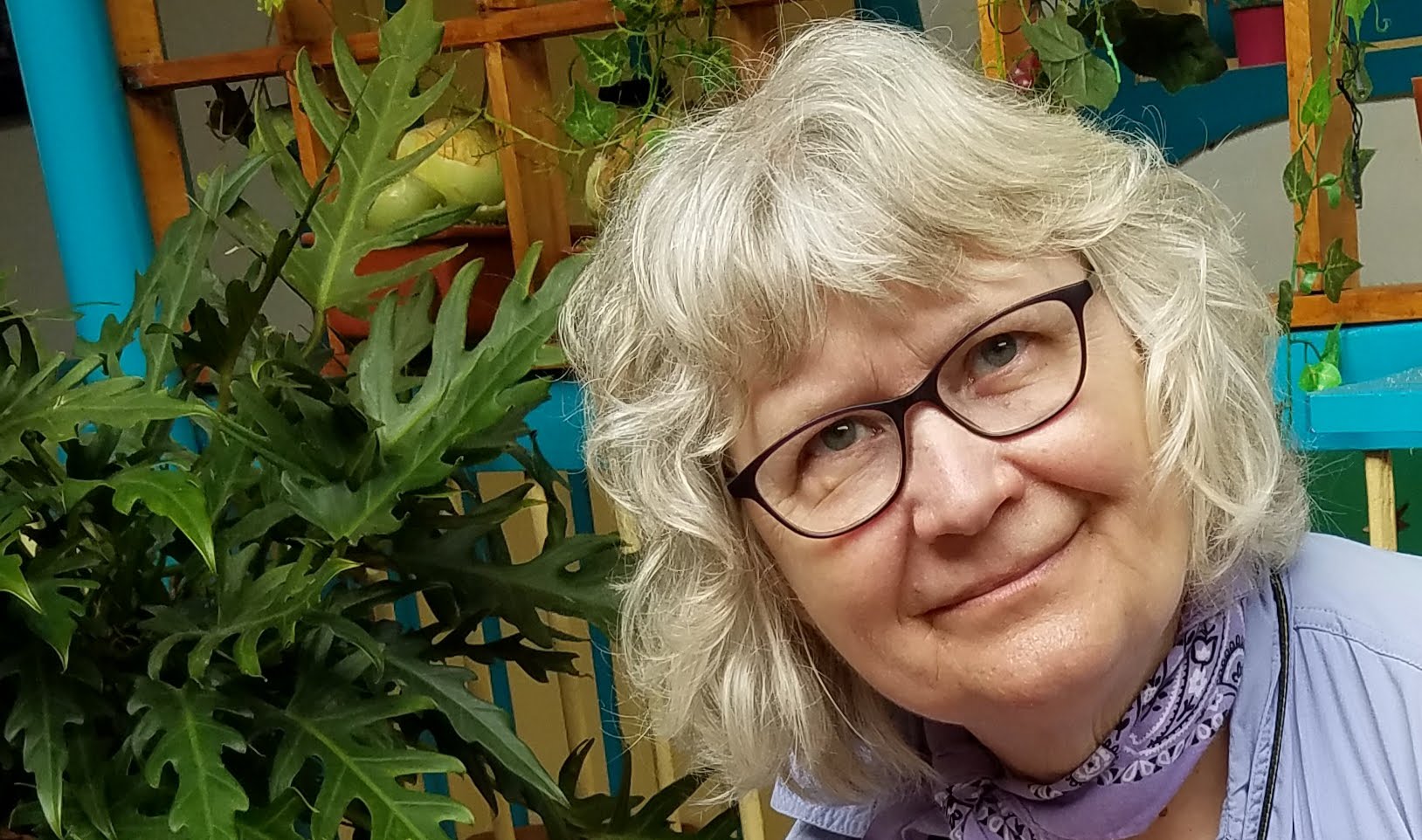Karen Russell dishes up dark, disturbing stories. Not quite “an axe for the frozen sea within us,” as Kafka would recommend. More like a probe for reflections in our darkest recesses. A water witch for hidden pools of empathy.
Russell’s great gift is for creating a fully developed world built mostly of familiar elements that is nevertheless thoroughly dislocating. Before we enter the bedeviled domesticity of “Orange World,” the final tale, we have passed through seven other unique story worlds. Unique is not a word I use lightly. None is like any other.
Russell recently moved to Portland, Oregon, and Oregon is happy to claim her. In the first story, she conjures some ghosts out of Mount Hood’s shadow and sends two feckless young gold diggers up an antiquated ski lift to find them. The second story, “The Bad Graft,” features a joshua tree that grabs and won’t let go. In “Bog Girl” a freckled Irish youth digs up his uber-Goth girlfriend in an Irish peat field. “Black Corfu” explores the medical management of vampires and the terrors of a medieval malpractice suit. For her post-apocalyptic offering, “The Gondoliers,” Russell conjures up a crew of bat-girl tour guides who navigate the polluted waters over Florida’s submerged landmarks. Like Kurt Vonnegut in Galapagos, she imagines the complete eradication of the world we know as an opportunity for human evolution.
In these troubled Covid-19 times, I think a story in the middle of the collection deserves special mention. In “The Tornado Auction,” a Nebraska retiree looks back on his career as a tornado breeder. The whole operation is convincingly described: “the twitching, immature storms . . . like pipping chicks testing their shells.” The advertising is amusing, too: “Hell in a handbasket . . . Compact enough to rage in a corral and strong enough to flip a car.”
Wurman goes to one last tornado auction to relive his youth and burn up his daughters’ money on a final ride to his death and to hell with the damage. The question: Can an old man who doesn’t value his own life learn to rein in his self-destructive impulses to preserve the world he is leaving?
“What a backward way of discovering you are loved–in the damage swath of your death” he muses. . . “But let’s not mistake this for a happy ending. Nothing destroyed me, and nothing is over.”
We watch the damage swath of death and destruction from the corona virus. We sit at home reining in the desire to enjoy our last years without restraint. Why do we comply when we are so close to death anyway? We do it for the sake of others: to protect health care workers and the economic future of our children. Shouldn’t it be just as easy to give up fossil fuels and plastic?
It’s somehow different, though, when the danger you are responding to comes from outside your own sphere of influence. In “The Tornado Auction” Wurman cherishes the tornadoes he had a hand in raising, even though he appreciates their role in changing the weather. Our generation transformed our own lives as we warped the world with petroleum. It’s so hard to kill your own darlings.
Orange World and Other Stories
by Karen Russell
New York: Knopf, 2019. 266 pp.




Recent Comments